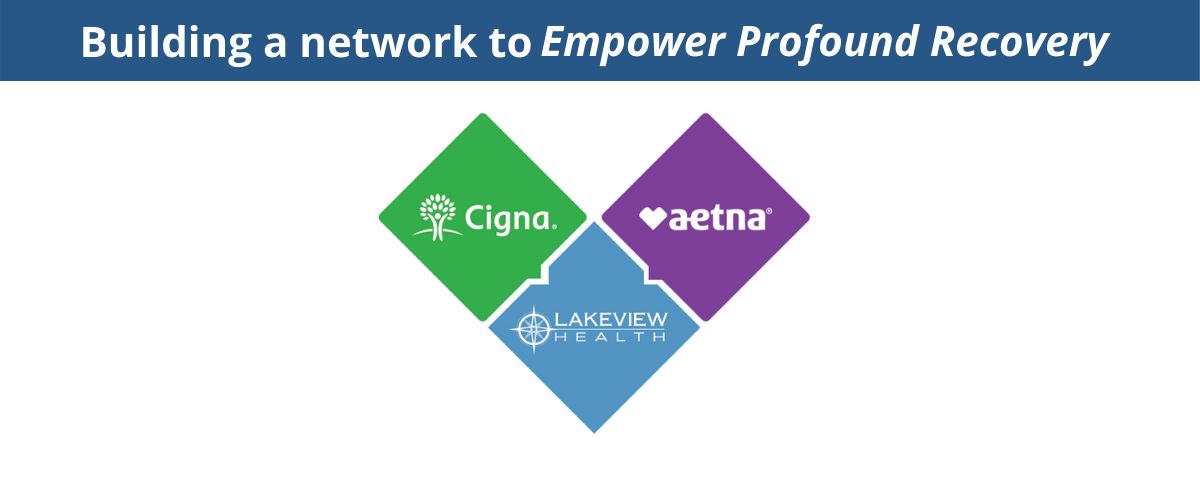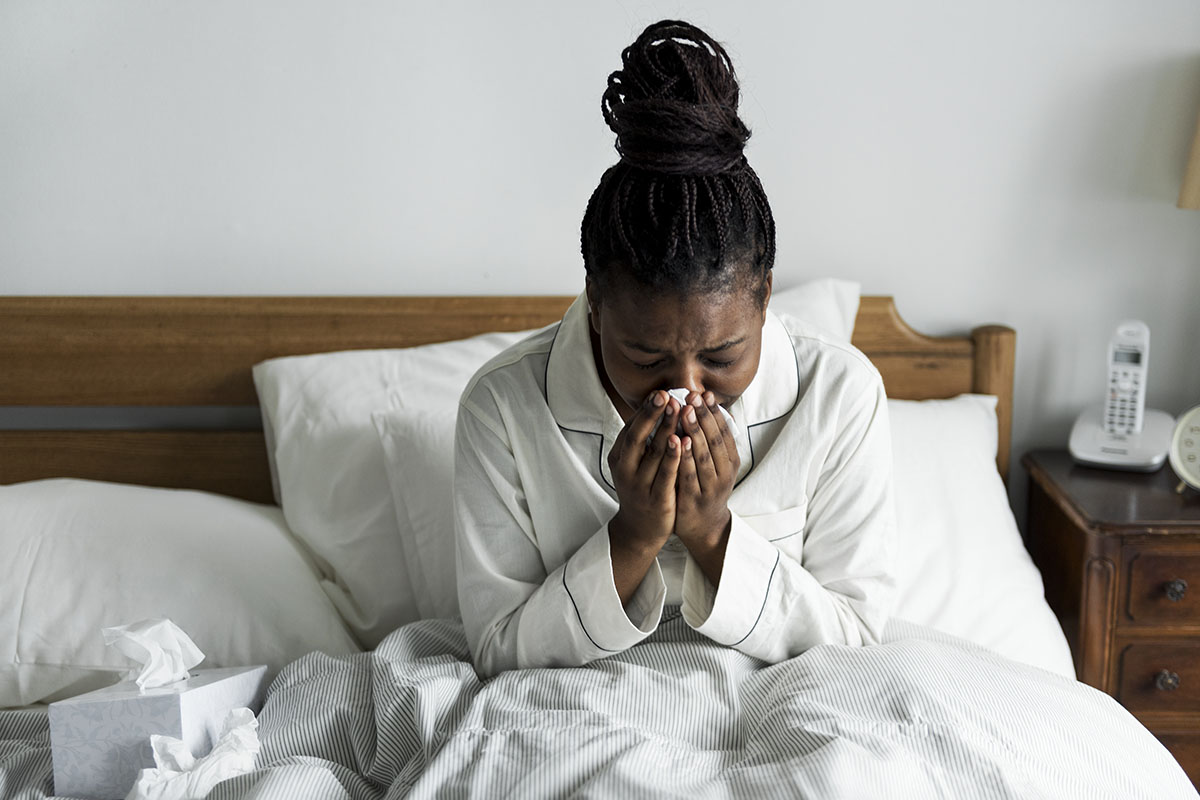The Heroin Triangle Investigation
The Heroin Triangle is a group of suburbs in Atlanta forming the “triangle”. The focal point of Georgia’s heroin epidemic is the north of Atlanta, then continues northwest to Marietta, east to Alpharetta, Duluth, and John’s Creek, and ends southwest to Sandy Springs. Former Georgia Governor Nathan Deal referred to the drug overdose crisis in his state at the time as “an ongoing epidemic that ravages the hearts and minds of not only individuals but also the communities that they touch.” An investigation by WXIA-TV Atlanta in 2017 found that the number of heroin-related deaths in four counties between interstate highways 75 and 85 — Fulton, DeKalb, Cobb, and Gwinnett—has increased by 3,844 percent between 2010 and 2016. While news coverage of the triangle has decreased since then, heroin remains a threat, in 2020 more than 13,000 people died from a heroin-related overdose in the US.
Growth of Heroin in Atlanta
Atlanta’s affluent northern suburbs don’t register the highest numbers of heroin overdoses in Georgia but have shown an alarming rate of growth. Andrea Gwaltney, VP of Business Development at Lakeview, was asked about what the possible causes of this problem could be, “We see a lot of high school kids overdosing on opiates in the Triangle area. People in that area are very competitive and hard-working. There is a lot of pressure to keep up appearances and a lot of pressure on school kids to get good grades, so they qualify for certain scholarships.”
Risk Factors Leading To Addiction
Stress is a known risk factor for heroin addiction. Many people turn to drugs and alcohol during times of excessive stress. And when Georgia’s stressed-out kids and overworked parents start to self-medicate, they don’t necessarily want their neighbors to know about it. “Southern families tend to sweep problems under the rug,” says Gwaltney. “They like to deny that addiction can happen to their own family. If it does, they try not to talk about it.” Denial is not helpful, of course.
The stigma and feelings of shame about addiction prevent many people with substance use disorders from seeking treatment before it is too late. “It’s a mistake for patients or their family members not to be honest with doctors because that way it takes medical professionals longer to uncover the real problem,” says Gwaltney. Too many people wait until the addiction has turned into a crisis, and then they end up in psychiatric units instead of addiction treatment facilities. “They are not getting the right treatment in those clinics,” says Gwaltney. “Most of them are circling in and out of detox units and psychiatric hospitals instead of getting effective addiction treatment.” People with addiction should not wait until all the worst negative consequences unfold. If you’re not sure about the severity of your condition or whether your loved one needs help, call and talk to us.
It’s important not to wait for all the negative consequences of drug or alcohol abuse to happen. Seek help now before it is too late. “There is also a general lack of understanding of how addiction works. That is another reason why many people in Georgia do not seek the appropriate treatment early on,” says Gwaltney. “Instead of seeking high-quality addiction treatment, they go to the nearest provider.”
Long-term Effects of Heroin Addiction
The lasting effects of heroin addiction far outweigh the temporary high that the drug brings. With heroin use being more prevalent in teens in The Triangle the effects could be life-altering. Studies have shown that repeated heroin use not only changes the physical structure and physiology of the brain, but also creates long-term imbalances in the neuronal and hormonal systems. Some of the long-term effects of heroin use include:
- Liver or kidney disease
- Abscesses – swollen tissue with pus at injection sites
- Pneumonia
- Infection of the valves and lining in the heart
- Risk of HIV, hepatitis and other infectious diseases
Treatment Options for Heroin
Despite being in a different state, Lakeview Health in Jacksonville, Florida, could be the ideal choice for patients in the Atlanta area. It’s only about 350 miles away—far enough to get away from negative influences but close enough for family members to visit and get involved in Lakeview’s family therapy program. As a leading treatment center in the nation at the forefront of ending the opioid epidemic, Lakeview Health addresses all aspects of a patient’s health in a safe, gender-responsive environment. Treating the body, mind, and spirit of the whole person, Lakeview’s multidisciplinary medical model combines physiological, psychological, and psychosocial care to ensure the best possible start into lasting recovery.
Learn more about heroin addiction or opioid addiction treatment.
If you or a loved one needs help heroin addiction please call 866.704.7692




